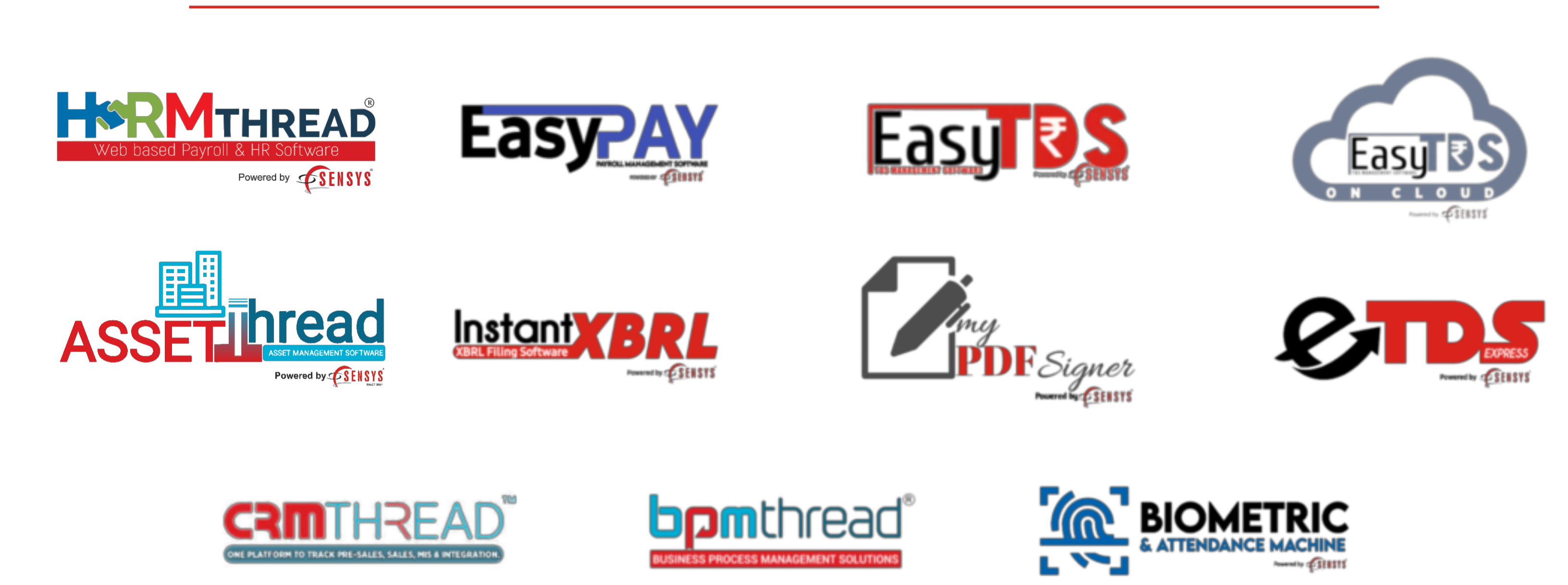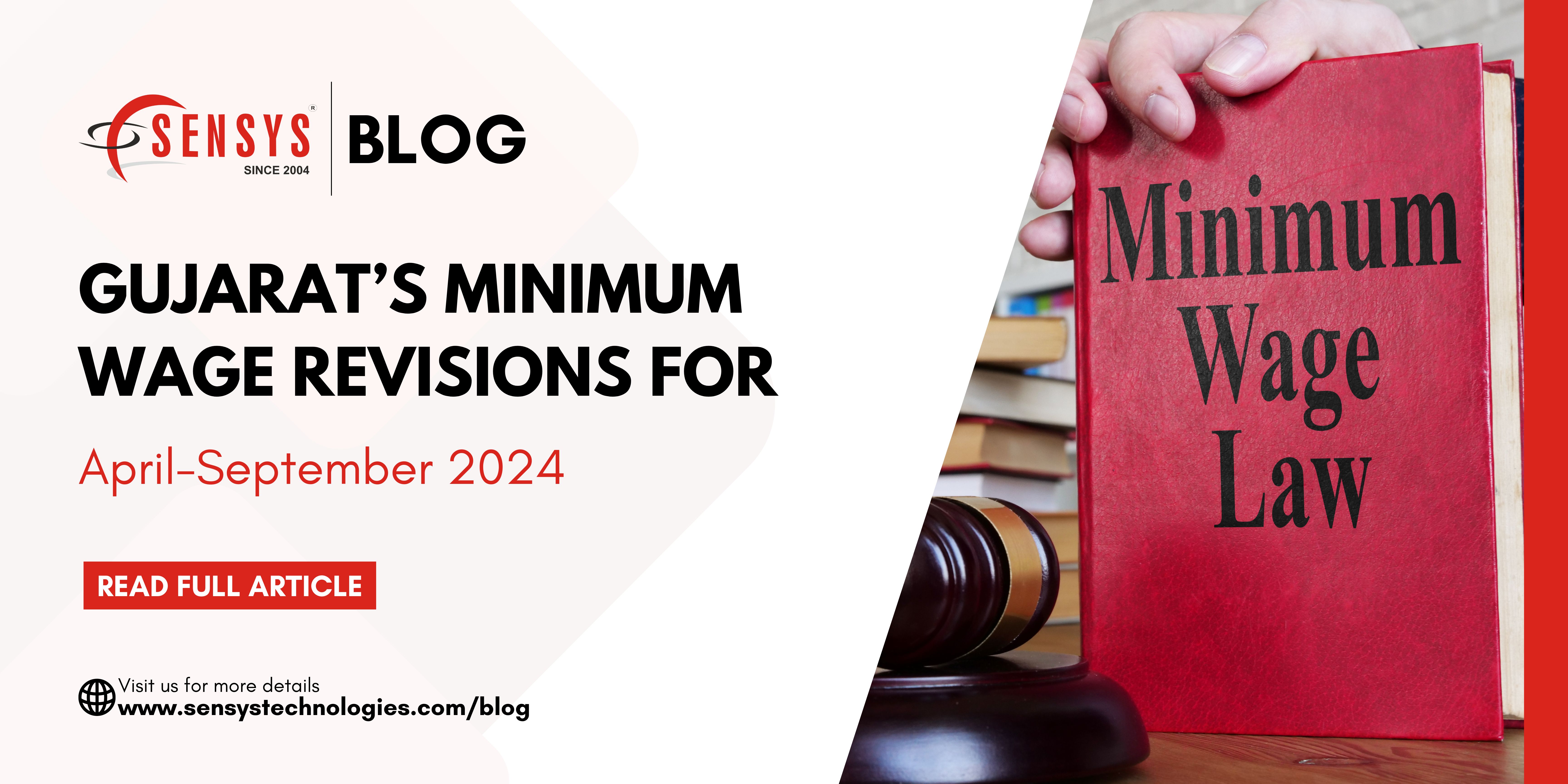
Title: Navigating Labour Law Compliance Calendar: April 2024 Edition
Introduction: As we step into April 2024, businesses across India are gearing up to ensure compliance with various labour laws. Understanding and adhering to these regulations are vital not only to avoid legal repercussions but also to foster a healthy work environment. In this article, we’ll delve into the Labour Law Compliance Calendar for April 2024, highlighting key dates and requirements that businesses need to be aware of across the nation.
Minimum Wage Revisions: April often brings revisions to minimum wages in several states across India. It’s crucial for employers to stay updated with these changes to ensure they’re paying their employees fairly and in accordance with the law. Employers should review the revised minimum wage rates for their respective states and adjust payroll accordingly to remain compliant.
Payment of Provident Fund (PF) Contributions: Employers need to ensure timely payment of Provident Fund contributions for both employees and employers. The due date for PF remittance falls on the 15th of every month. Delays or non-compliance can attract penalties and legal consequences. Therefore, businesses must prioritize the timely deposit of PF contributions to avoid any financial or legal repercussions.
Professional Tax Filing: Professional tax, a state-level tax levied on employment, is another aspect of labour law compliance that requires attention. Employers are typically responsible for deducting and remitting professional tax on behalf of their employees. The due date for professional tax filing varies from state to state, and businesses must adhere to the specific deadlines outlined by the respective state governments.
ESI Contribution Payment: For entities covered under the Employees’ State Insurance (ESI) Act, the timely payment of ESI contributions is imperative. Similar to PF contributions, ESI payments are due by the 15th of each month. Employers must ensure accurate calculation and remittance of ESI contributions to provide employees with essential healthcare benefits as mandated by law.
Labour Welfare Fund (LWF) Compliance: Several states require employers to contribute to the Labour Welfare Fund, which aims to provide social security benefits to workers. The due date for LWF contributions varies across states, and businesses must comply with the deadlines specified by the respective state authorities. Failure to fulfill LWF obligations can result in penalties and legal complications.
Compliance with Contract Labour Regulations: Businesses engaging contract labour must ensure compliance with the Contract Labour (Regulation and Abolition) Act. This includes obtaining appropriate licenses, maintaining records, and adhering to statutory obligations related to contract labour employment. Employers should conduct regular audits to verify compliance with contractual regulations and address any discrepancies promptly.
Conclusion: Navigating the intricate landscape of labour law compliance can be challenging for businesses, especially with the dynamic regulatory environment in India. However, staying abreast of key dates and requirements outlined in the Labour Law Compliance Calendar for April 2024 is essential for maintaining legal integrity and fostering a harmonious workplace environment. By prioritizing compliance efforts and leveraging resources to ensure adherence to labour laws, businesses can mitigate risks and uphold their commitment to ethical and lawful employment practices.
COMPLIANCE CALENDAR FOR APRIL 2024 >>> DOWNLOAD
Software Solutions Available on:
TDS | PAYROLL | WEB PAYROLL | WEB HRMS | XBRL | FIXED ASSET |INCOME TAX| SERVICE TAX | DIGITAL SIGNATURE | ATTENDANCE MACHINE & CCTV | DATA BACKUP SOFTWARE | PDF SIGNER
“Our Products & Services”

Sensys Technologies Pvt. Ltd.
HO: 904, 905 & 906, Corporate Annexe, Sonawala Road, Goregaon East, Mumbai- 400 063.
Call: +91 766 990 4748
Email: enquiry@sensysindia.com | Website: http://www.sensystechnologies.com
Branches: Delhi & NCR | Pune | Bangalore | Hyderabad | Ahmedabad | Chennai | Kolkata



